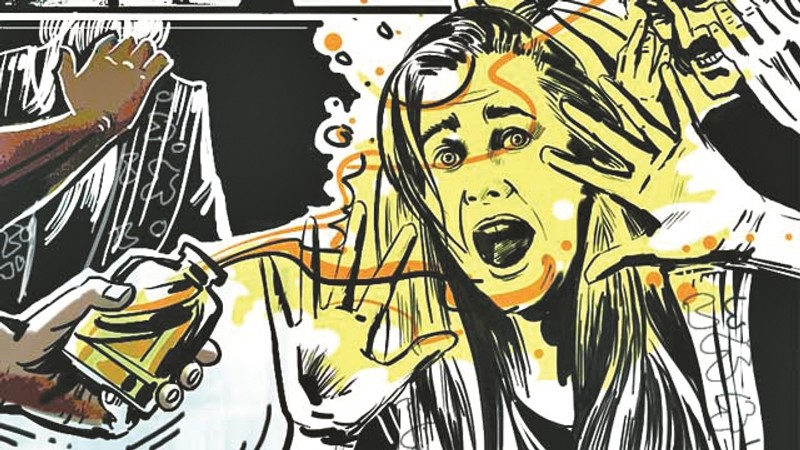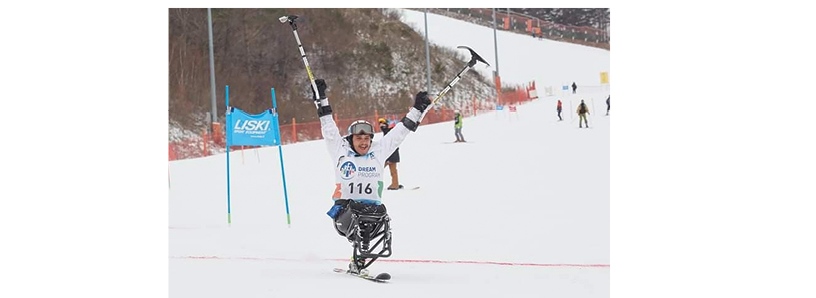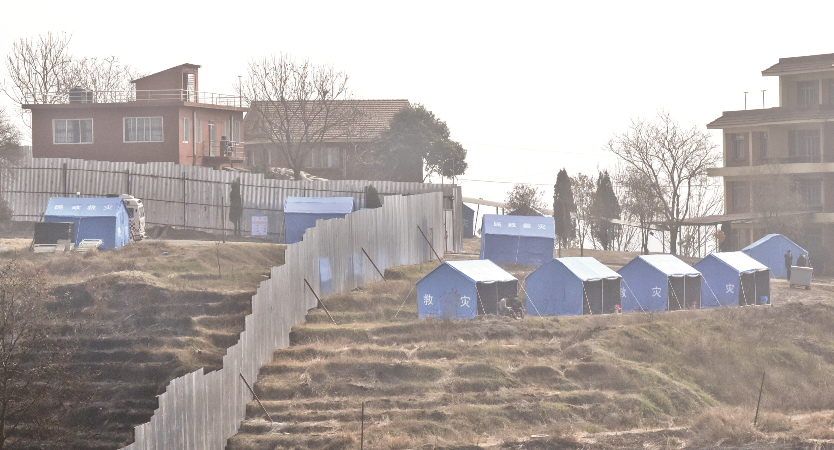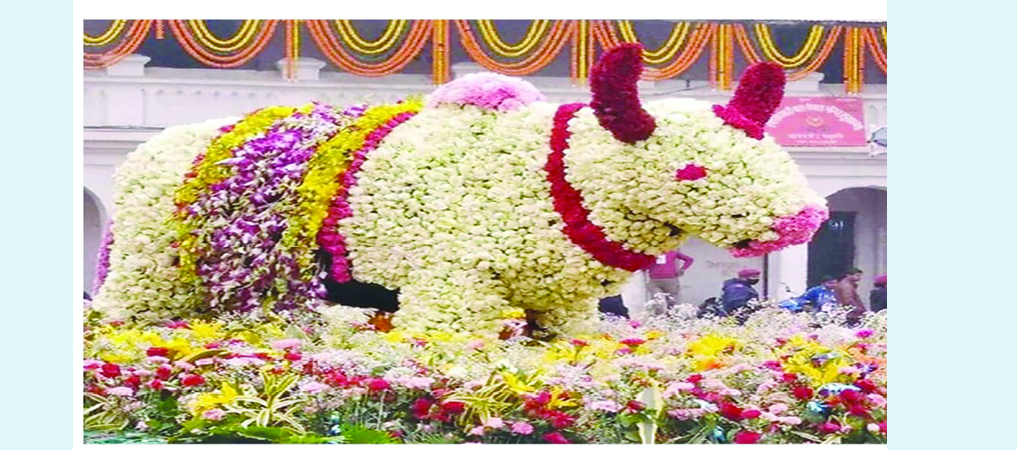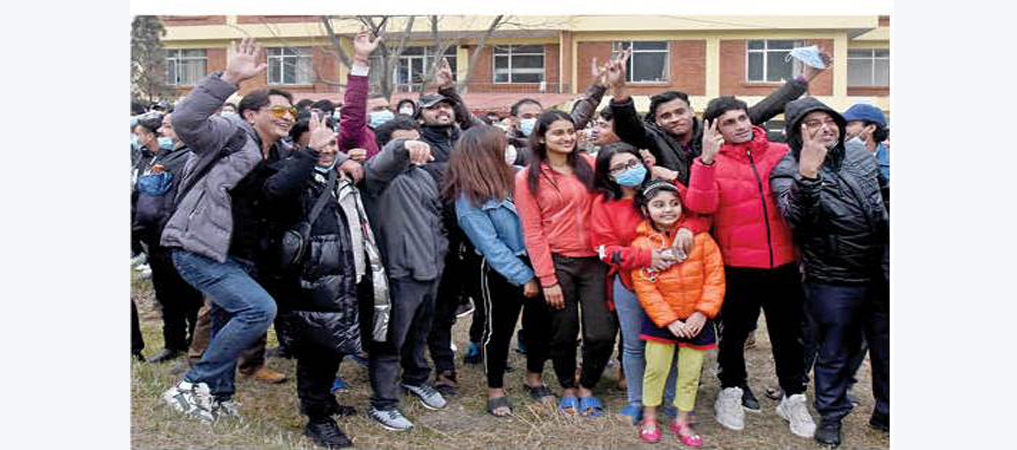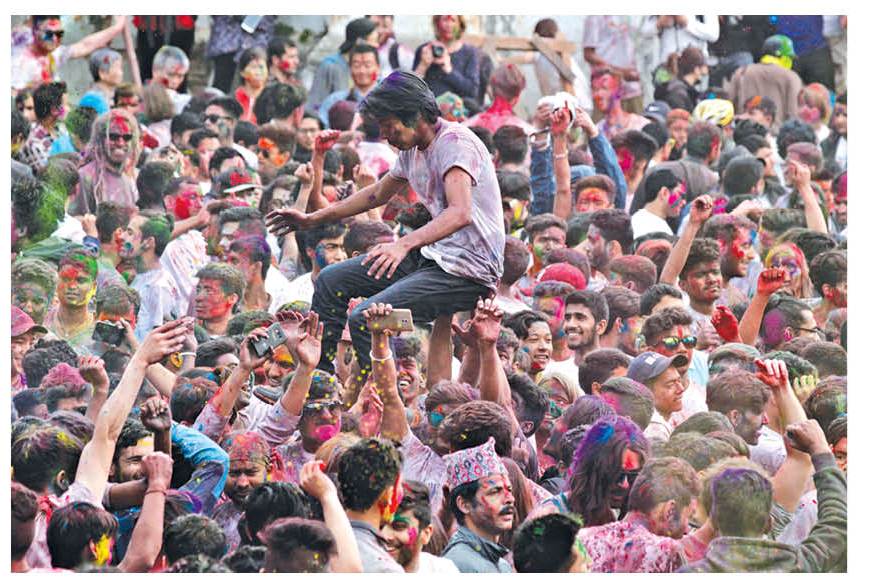Caste Based Stigma
Sampada Anuranjanee Khatiwada
THREE persons lost their lives and three others are missing in Rukum (West). This unfortunate event took place because of the 'caste' based stigma. A 21-year old man of Jajarkot belonging to Dalit community along with 18 of his friends apparently had gone to a village in Rukum which lies across the Bheri River to get married to his girlfriend, who belongs to so called 'upper caste' family.
The villagers then started to attack the boys. They started stoning and beating them with household weapons, compelling the boys to dive into the Bheri. While few of the boys were able to flee the village, three people including the 21-year old groom-to-be were found dead at the river bank and three are still missing.
Although the police investigation is underway and a detailed fact to the case is yet to be established, this has raised a huge question mark on right to equality guaranteed by the Constitution. While many people across the nation have been raising their voice to provide justice to the deceased and the whole Dalit community, some have opinionated this to be the boy's fault to be trying to marry someone without her parents' permission.
Even if the boys were trying to kidnap the girl or get married to her without her families' consent, they could've lodged a police complaint and let the government take action on them. No law permits murder, attempt to murder and torture of any kind on any ground. Whatever the case, whoever the guilty, the fact that a 21-year old innocent lost his life because he belonged to a lower caste is evident.
This incident isn’t news to the kind of society we live in. Many people have not been able to get married to someone they love and many cases of murder and attempted murder in the wake of cast discrimination that exists in each and every nook and corner of our society. The government had declared Nepal 'untouchability free nation' in 2006, to eradicate the everlasting caste-based discrimination from the nation.
Article 18 of the Constitution of Nepal has ensured right to equality, thereby prohibiting caste-based discrimination, among others. Section 166 of the National Criminal Code has criminalised caste-based discrimination. Caste-based Discrimination and Untouchability (Crime and Punishment) Act came into effect in 2011 to prohibit all kinds of discrimination and ensure right to equality.
Although the Nepali legislation hasn’t lagged behind in prohibiting, criminalising and eradicating discrimination in all forms, the laws and fundamental rights of people have been limited only in papers. The caste system is rooted in our society in such a way that no law and enforcement authorities have been able to wipe it out.
The literacy rate has been increasing, the awareness level of people in village and urban areas is on the rise but the caste system still hovers around our educated minds. Despite the continuous effort of the government, human rights organisations and the public to abolish caste system, the barbaric Rukum (West) incident has unveiled the ground reality of caste system in our society.
The government, judiciary and all concerned authorities must take this incident as an opportunity to completely root out the caste system from our country and serve justice to those who lost their lives.
Recent News

Do not make expressions casting dout on election: EC
14 Apr, 2022
CM Bhatta says may New Year 2079 BS inspire positive thinking
14 Apr, 2022
Three new cases, 44 recoveries in 24 hours
14 Apr, 2022
689 climbers of 84 teams so far acquire permits for climbing various peaks this spring season
14 Apr, 2022
How the rising cost of living crisis is impacting Nepal
14 Apr, 2022
US military confirms an interstellar meteor collided with Earth
14 Apr, 2022
Valneva Covid vaccine approved for use in UK
14 Apr, 2022
Chair Prachanda highlights need of unity among Maoist, Communist forces
14 Apr, 2022
Ranbir Kapoor and Alia Bhatt: Bollywood toasts star couple on wedding
14 Apr, 2022
President Bhandari confers decorations (Photo Feature)
14 Apr, 2022





